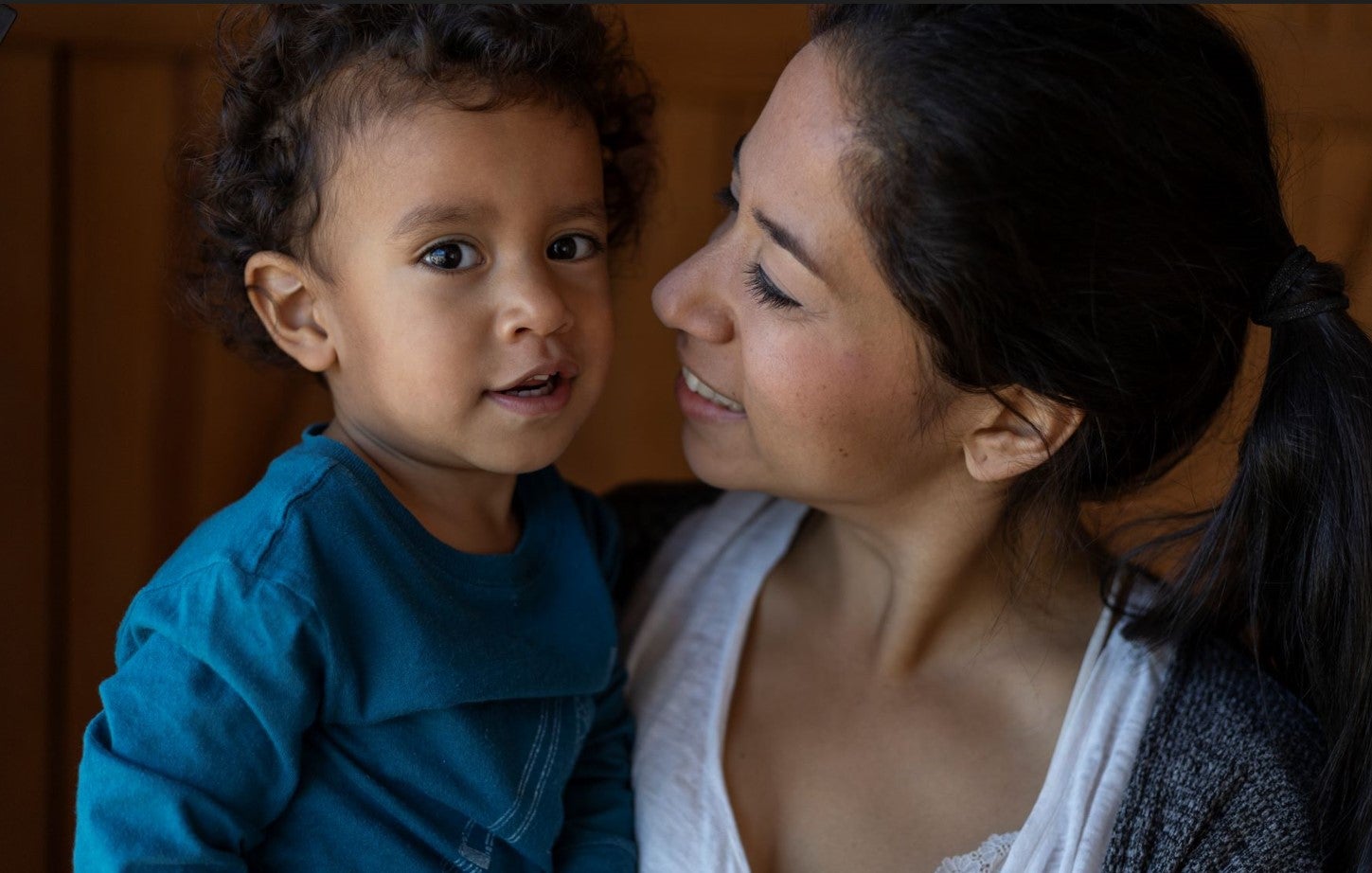The first five years of life are a crucial period when nurturing care establishes strong foundations for lifelong development, learning, and health. In a new study, we show that millions of children in the world, and in Latin America and the Caribbean (LAC) specifically, lack access to the most basic nurturing care, demonstrating the urgent need for innovative strategies and the expansion of integrated parenting programs.
Nurturing care is the main catalyst of lifelong wellbeing
The first years of life are a critical period of development when experiences and contexts shape the brain architecture, gene expression, and the development of foundational cognitive and social-emotional skills. As such, early experiences can be highly influential for lifelong outcomes, including academic achievement, physical and mental health, and economic wellbeing, among others.
Young children require nurturing care to achieve their developmental potential. Providing nurturing care involves ensuring children’s needs are met in terms of adequate nutrition, good health, opportunities for early learning, safety and security, and responsive caregiving.
Despite the importance of holistic support for young children, little is known about preschool-age children’s exposure to adequate nurturing care around the world and in LAC in particular. Such a lack of evidence can hinder action and policy efforts aimed at promoting young children’s development in the region and worldwide.
A look at nurturing care in the region
In a new study, we used data from the Multiple Indicators Cluster Surveys collected between 2005 and 2019 from more than 425,000 3–5-year-old children living in 104 low- and- middle-income countries and applied predictive models to assess children’s access to adequate nurturing care.
Using these data, we followed the Nurturing Care Framework and characterized children’s access to adequate (1) nutrition, including adequate height-for-age and healthy weight, (2) health, measured by having access to adequate water, sanitation, and hygiene and absence of infection, (3) learning opportunities, including participation in early childhood care and education and having stimulating materials (toys and/or books) in the home, (4) safety and security, comprising absence of physical punishment and neglect, and (5) responsive caregiving, including receiving stimulation from an adult caregiver.
We found that an estimated 182 million preschool-age children living in low- and- middle income countries globally did not receive minimally adequate nurturing care before the COVID-19 pandemic. In LAC, only ~54% of (or 10.8 million) preschool-aged children received minimally adequate nurturing care, in comparison to ~47% in East Asia and the Pacific, ~68% in Europe and Central Asia, ~18% in the Middle East and North Africa, ~10% in South Asia, and ~8% in Sub-Saharan Africa.
More specifically, while approximately 85% of children have access to adequate nutrition and health in LAC, there was still low access to safety and security (42%), early learning opportunities (54%), and responsive caregiving (56%). Indeed, there were still millions of children who did not have access to early childhood care and education, learning materials in the home (like toys and books), and to adequate stimulation from their main caregivers (including playing, reading and other activities), whereas a vast number of children still suffered from violence, like physical punishment.
Our results for countries with available data on all the indicators of nurturing care also show that, in general, a higher proportion of children living in households from the bottom 20% of the wealth distribution lacked access to adequate nurturing care relative to their better-off peers before COVID, with a gap that ranges between ~30 to 50 percentage points.
These results are concerning. Specially, since recent evidence indicates that the situation has worsened substantially after the outbreak of the pandemic. In particular, violence against children has increased over the last couple of years, whereas there has been a reduction in access to early childhood care and education and widespread health and nutrition problems due to the indirect consequences of the pandemic on families and communities.
Where do we go from here?
This study demonstrates the urgent need for further services and programs to promote the nurturing care of children worldwide. Continuing efforts aimed at promoting adequate nutrition and health is critical. Furthermore, parenting programs, expanding access to early education, family friendly policies, and other supports for families and children are critical to eradicate violence against children, promote positive parenting and adequate learning opportunities, and help children achieve their developmental potential.


Leave a Reply